Where is Xi Jinping? G20 snub raises questions around erratic China president
Talk suggests Joe Biden is the likely object of the snub as China’s president has made it his personal mission to challenge America’s use of global bodies to criticise China’s policies.
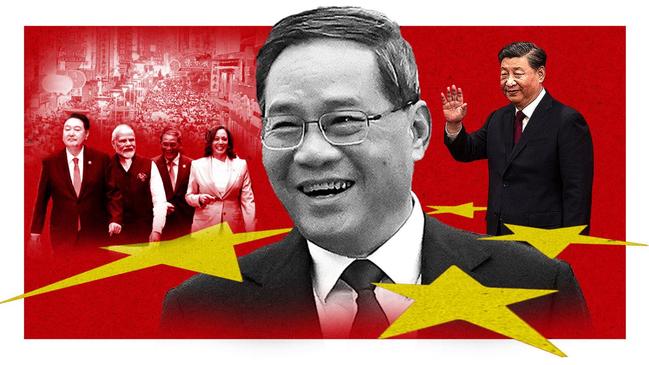
World leaders were setting off for India on Thursday to discuss Ukraine, climate change and the world economy.
The G20’s pivotal figure, however, was visiting flood-hit residents of Dragon King Temple village in China’s far northeast.
President Xi Jinping’s obvious snub to other global power-brokers has raised further questions about his decision not to attend the G20 summit in Delhi, part of a recent pattern of behaviour that has puzzled diplomats.
India has denied that it is offended by China’s decision to send Li Qiang, the prime minister, in Xi’s place. The two countries have poor relations over border disputes in the Himalayas and because of India’s growing closeness to the United States. That has not prevented previous meetings, but Indian media have noted that Xi has yet to send a congratulatory message to Narendra Modi, the host prime minister.
“At the end of the day, countries are represented by whoever they have chosen to represent them,” Subrahmanyam Jaishankar, the Indian foreign minister, said. “The levels of representation do not become the final determinant of the position of a country.”
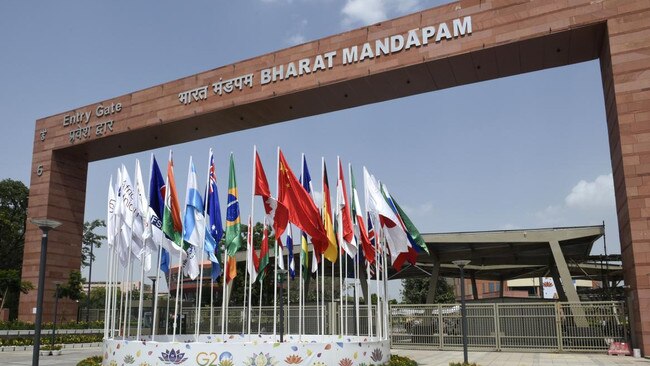
A more likely object of the snub is US President Joe Biden. Xi has made it his personal mission to challenge America’s use of global bodies to criticise China’s policies, and is particularly sensitive to accusations that he is too supportive of Russia’s war in Ukraine.
President Putin is also not attending the summit, but since he is facing an arrest warrant from the International Criminal Court for war crimes, his absence was expected, even though India is not a member of the court.
The Chinese state apparatus, which has given no formal explanation for Xi’s absence, has dropped strong hints that if a snub were directed against anyone in particular, it would be Biden. A social media post by the all-powerful state security ministry this week admonished America for continuing to try to “contain” China and hinted that if relations did not improve Xi might also refuse to go to a summit of the Asia-Pacific Economic Cooperation group of nations in San Francisco in November.
However, as is common in China’s opaque politics, Xi’s unusual avoidance of the limelight – he is the most personally assertive Chinese leader since Chairman Mao, who died in 1976 – has set off a rash of speculation.
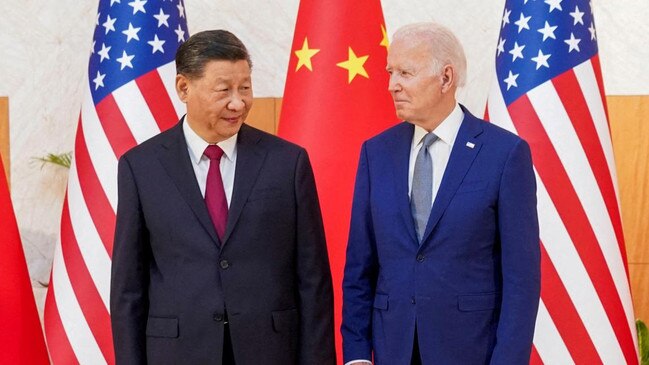
On his last overseas visit, to a meeting of the Brics countries in South Africa, a group based around the once-rising economies of Brazil, Russia, India, China and South Africa, he failed to turn up to the key event at which he was due to deliver a speech. Instead it was read out for him by the commerce minister, amid rumours that a Chinese nuclear submarine had sunk in the Taiwan Strait. Taiwan said it had noticed no such event.
On this occasion, a report from the normally well-sourced Japanese Nikkei news agency said Xi was facing less dramatic but also serious internal problems. A series of financial disasters, including the collapse of a big property company, the near-collapse of a second, and rising youth unemployment, had earned him a rare rebuke from an informal annual gathering of Communist Party elders.
According to Nikkei, the former vice-president Zeng Qinghong, 84, a key aide to the late President Jiang, read Xi the riot act about the economy and the general sense of “domestic turmoil” at the annual summer leadership gathering at Beidaihe, a seaside resort.
Xi is said to have vented his annoyance at the rebuke to his leadership team, blaming China’s problems on unsolved issues left over from the time of Jiang, Jiang’s predecessor as paramount leader Deng Xiaoping, and Xi’s immediate predecessor, Hu Jintao.
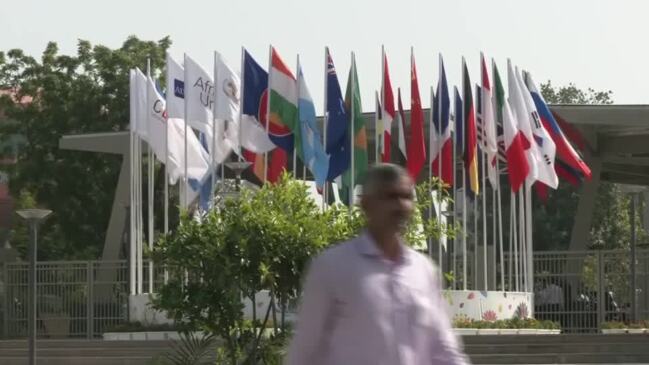
In truth, while China’s economy has performed more poorly than expected this year, few see it triggering imminent threats to Xi’s dominance of Chinese politics. Figures released Thursday showed a decline last month in China’s massive trade surplus – but only to $US68 billion, from $US79 billion in August last year.
Some analysts suggest that Xi’s absence is merely an indication that he regards the answers to China’s problems as lying in China – and that he does not wish to be lectured by western leaders at international summits.
On his visit to the northeast, he also showed that he was not intending to change the country’s political course. In Dragon King Temple village, he consoled residents whose houses had been damaged and fields flooded by Typhoon Doksuri in July. “In China, when people encounter difficulties, we still need to give full play to the superiority of our socialism,” he told them, according to state media. “That is, when one party is in trouble, all parties will support it, and the country will fully support it.”
The Times

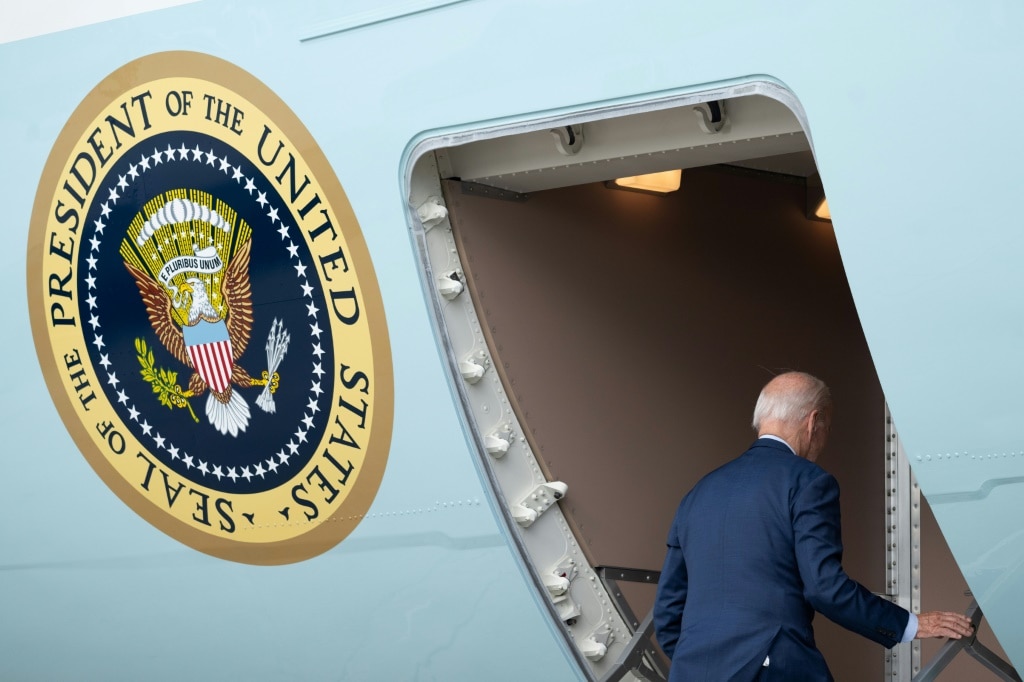
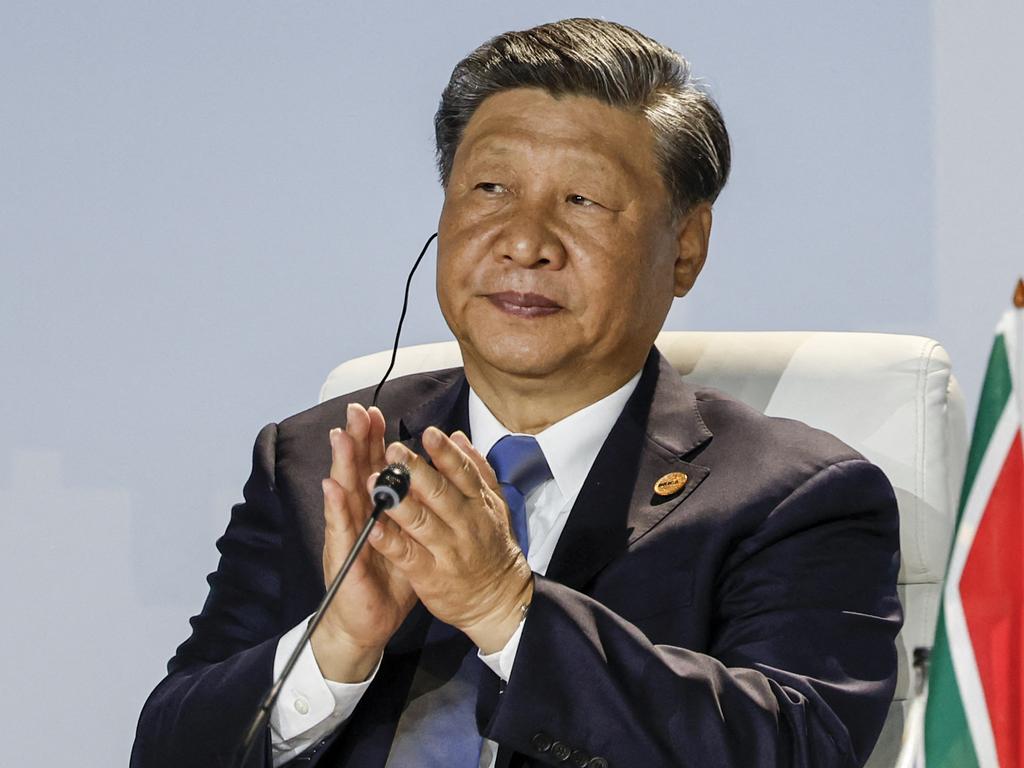

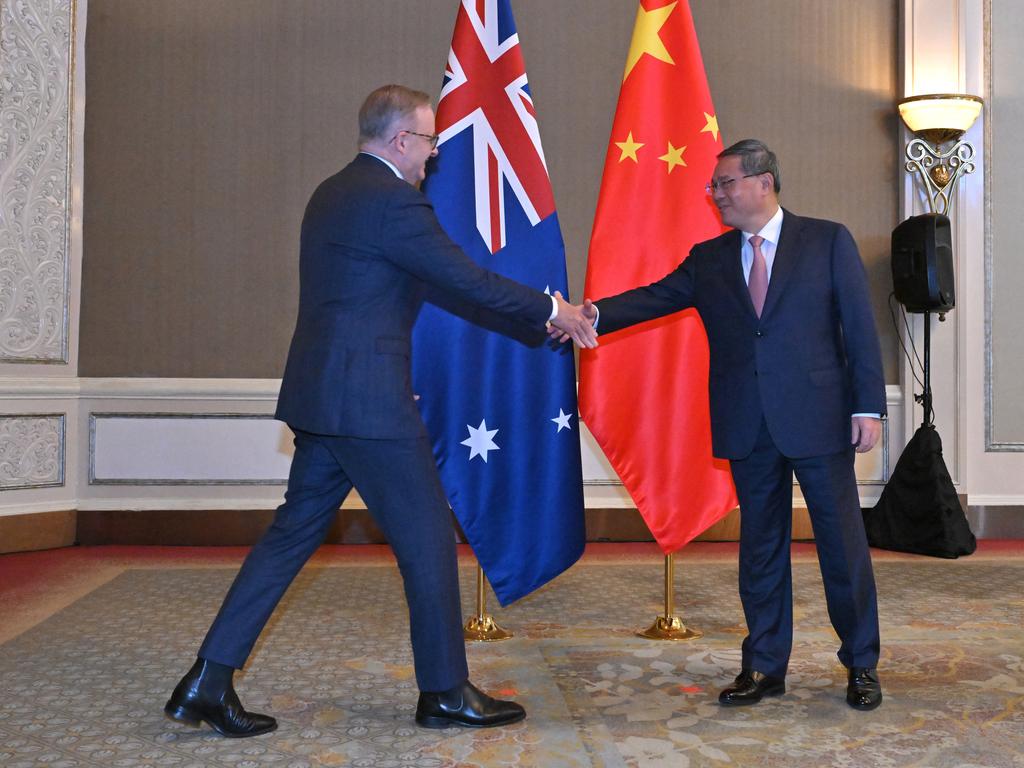


To join the conversation, please log in. Don't have an account? Register
Join the conversation, you are commenting as Logout